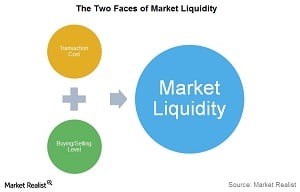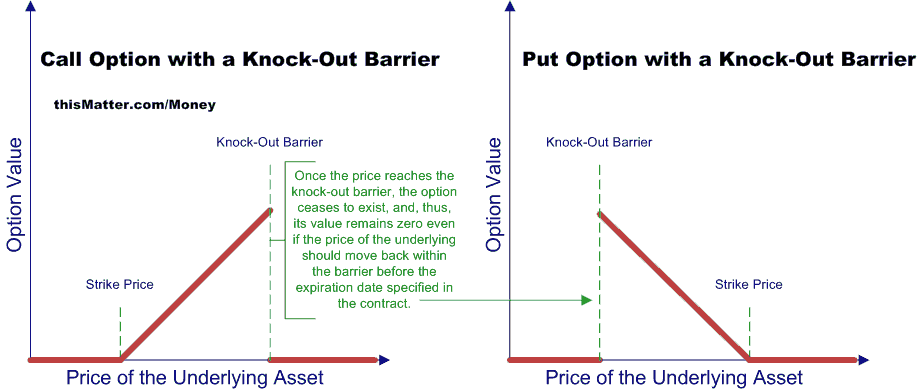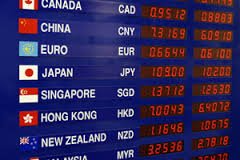
What is liquidity?
In economics, business or investment, liquidity is the ability of an asset to be converted into cash quickly without losing its value.
Thus, market liquidity can be defined as the ability to buy and sell an asset without causing a significant movement of the price. It can also be defined as the facility to exchange an asset for products and services, cash being the most liquid asset since it can be used immediately for any economic transaction. However, there are cases in which money is not the most liquid asset, for example, in countries with high inflation or hyperinflation, the population tends to stop using the currency in favor of a foreign currency or the use of other system of exchange of goods and services such as barter, leaving a hole of liquidity for its national currency. In other cases, they turn to other assets, such as in Venezuela, where people turn to Bitcoin precisely because of hyperinflation.
Liquidity and liquidation are two intimately related terms since the liquidation of an asset implies that there is liquidity in the market of the asset in question, otherwise the liquidation will be made with a greater loss of value due to a greater lack of liquidity.
Liquidity also refers to the ability of a company to meet its payment obligations in terms of capacity to process sufficient liquid assets and also refers to the amount of such assets.
In the markets it affects everything from the bid-offer spread to the execution of the operation. That is why it is important to have a clear understanding of what the term means and what markets are liquid and illiquid.
What is a liquid asset?
A liquid asset is one that meets all or any of the following characteristics:
- It can be sold quickly,
- It can be sold with a minimum value loss,
- It can be sold at any time during market hours.
The essential characteristic of a liquid market is that there are buyers and sellers prepared and willing to make transactions at any time.
Another definition of liquidity is the probability that the next trading transaction will be executed at a price equal to the price of the last transaction. The slippage is more frequent and wider as liquidity decreases in the market due to the lack of sellers and/or buyers willing to carry out transactions at a certain price, so the price moves according to the supply and demand, for example if there is more demand than supply the price will move up until there are sellers willing to sell. Therefore, a market will have greater liquidity if there are buyers and sellers available in large quantities.
An asset will present a lack of liquidity when it can not be sold due to uncertainties about its value or the lack of a market in which it is regularly traded. Mortgage assets, considered the trigger of the financial crisis of 2008, are an example of assets with lack of liquidity since their value was not easily determinable despite being insured by real estate, since the real estate bubble did not reflect the real value of these assets and, therefore, of their mortgages. Another example of an asset with a lack of liquidity can be a large block of shares whose sale could affect the market value.
The liquidity of an asset can be measured as the frequency with which it is bought and sold, that is, with the volume of transactions made with this asset. Often investments in a liquid market such as the Forex market, the stock market or the futures market, are considered more liquid than investments in other markets such as the real estate market whose assets are sold more slowly. Some assets with secondary markets are more liquid than comparable assets but without a secondary market. High levels arise when there is a significant level of history of operations and when there is a high supply and demand of an asset, since it is easier to find a buyer or a seller. If there are only a few participants in the market who do trading infrequently, it is said that it is an illiquid market or that it has little liquidity.
Speculators and market makers are key contributors to the market liquidity or an asset. Both are companies or individuals that seek to obtain a benefit by anticipating the increase or decrease of the market price of a particular asset. By doing this, they provide capital to the market, which increases the liquidity of the market.
One way to manage liquidity risk is through the use of guaranteed stops, a type of stop loss that ensures that your position closes at your pre-selected price level. Guaranteed stops are not affected by volatility, so they can be a useful tool for navigating tumultuous markets. However, if your guaranteed stop is activated, a small fee will have to be paid.






